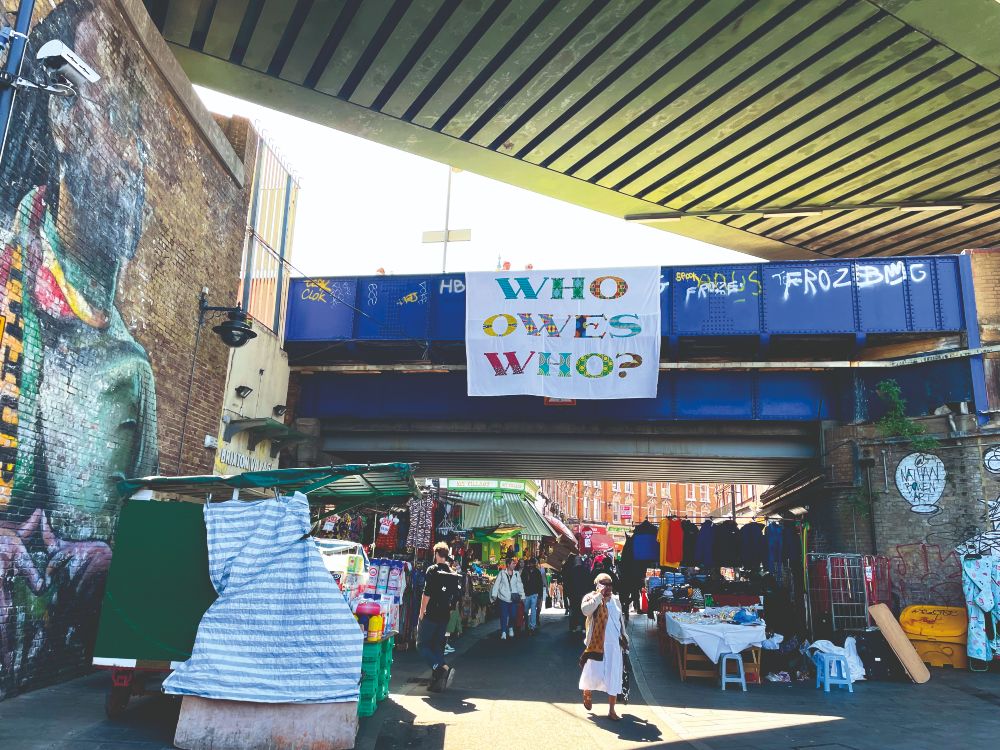Climate Action Plan opinion piece: Why has decolonising decarbonisation become a significant issue within the climate justice movement?

- Written byRahul Patel

Why has decolonising decarbonisation become a significant issue within the climate justice movement? People of colour and those from the global South who want to be part of a movement to stop the climate disaster, are continually faced with the position of disregard. Be that of their opinion or feeling seen as not worthy of being part of the movement itself. Especially within academic and research institutions. Activists from the global South who have activated decoloniality – claim the perceptions of those in the West, continue to dominate debate, action, and involvement in the movement. In a series of lunchtime talks entitled ‘Challenging times – Global Pandemic, Black Lives Matter and the Climate and Ecological Emergency’ at Central Saint Martins. Nick Anim summed this up well, by saying, “Green, but mostly white”.
Working in a university that has, rightly put climate justice at the top of its agenda, their work in racial justice has produced a juxtaposition. Where there is a huge gap between intent and practice, in understanding and valuing the voices that want to be part of climate justice. One of the issues raised, has been that those who are platformed are mainly white, middle-class, and can define discussion, debate, and action. This is within the realms of a system that has given them positionality and intent.
When planning the series – climate justice: decolonising decarbonisation, in partnership with Council for Higher Education in Art and Design. David Cross and I pledged that over 50% of panellists in the four-part series, would be those of colour and from the global South. We were able to achieve that goal not simply because we had our networks and contacts. But because we enabled discussions that framed solutions and action. Not simply within the confines of the market led values of the capitalist system.
We are aiming for system change, not simply lifestyle changes. Lifestyle change can only be managed by a class with a huge amount of money and know-how, in which to navigate a spiral of greenwashing. System change would envelope systemic change, which would also de-structure racism.
Decolonising is about the curriculum. Decolonising is about allowing knowledge systems that don’t simply replicate Eurocentric Western capitalist market led value models. Decolonising is about practices of action to make changes. To allow an arts institution in creative arts and design; to use art practice to prioritise addressing climate change.
This notion of decolonising is the totality of bringing in historical narratives. Acknowledging how the world kickstarted the capitalist mode of production through slavery, imperialist wars, colonial mindsets and continued exploitation.
The climate justice movement now faces a huge challenge from an ideological and media framework. We have war in Europe. For all the sides it is about who has control over fossil fuel. This is the history of the fossil fuel industry which will move heaven and earth to maintain its primacy. This war is about who has land and
access to fossil fuel. If these debates on decolonising decarbonisation help to challenge this, then it is worth consolidating and repeating this discussion across educational frameworks.
Rahul Patel is an Associate Lecturer at UAL and Co-Curator of Decolonising the Arts Curriculum Zines.